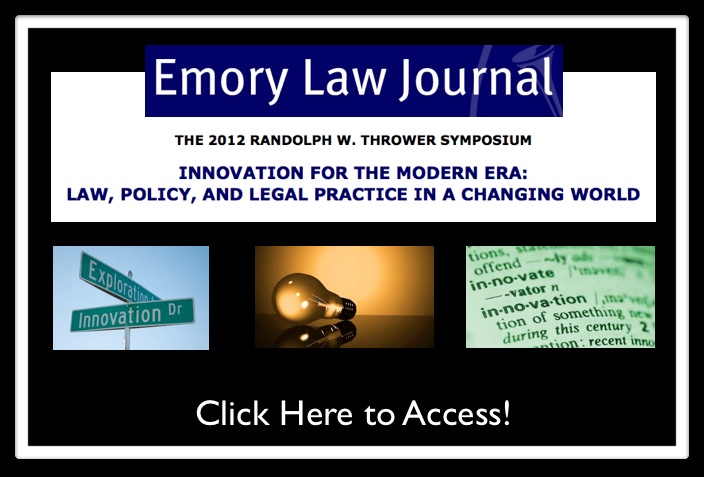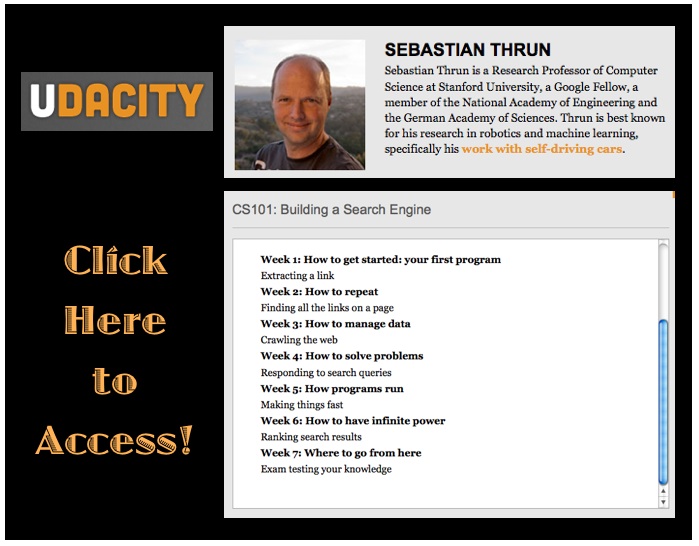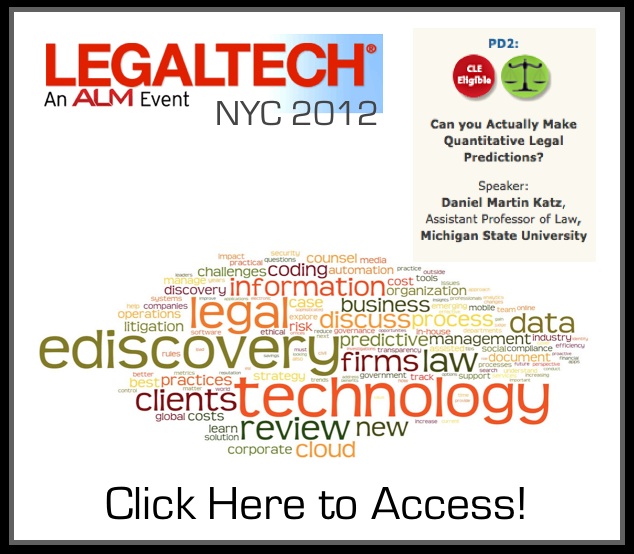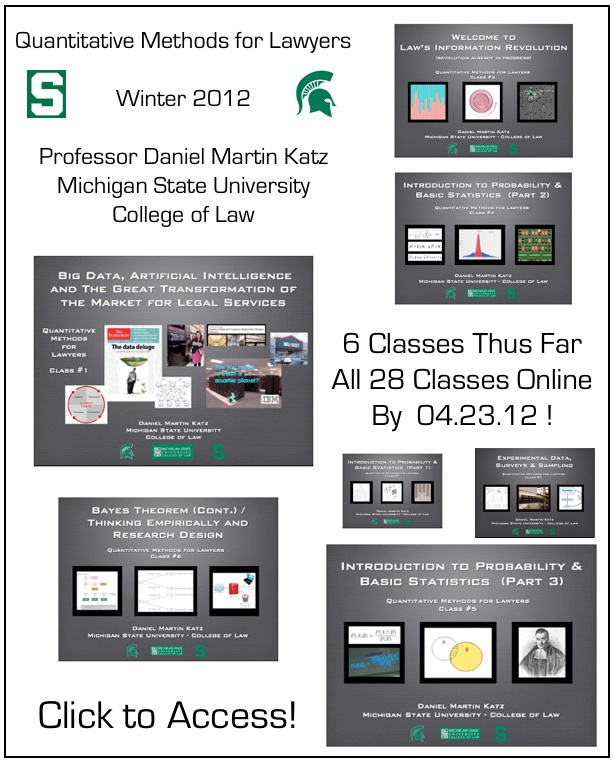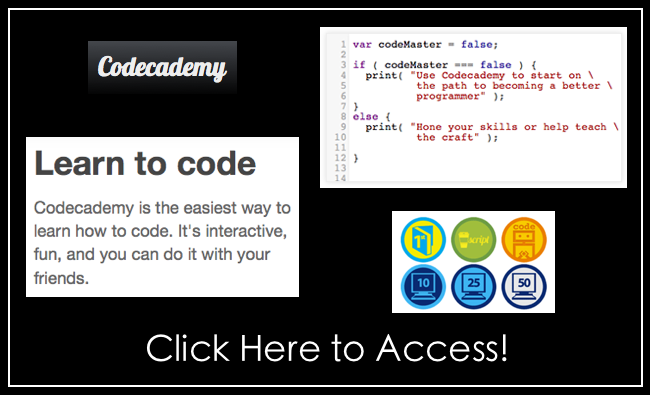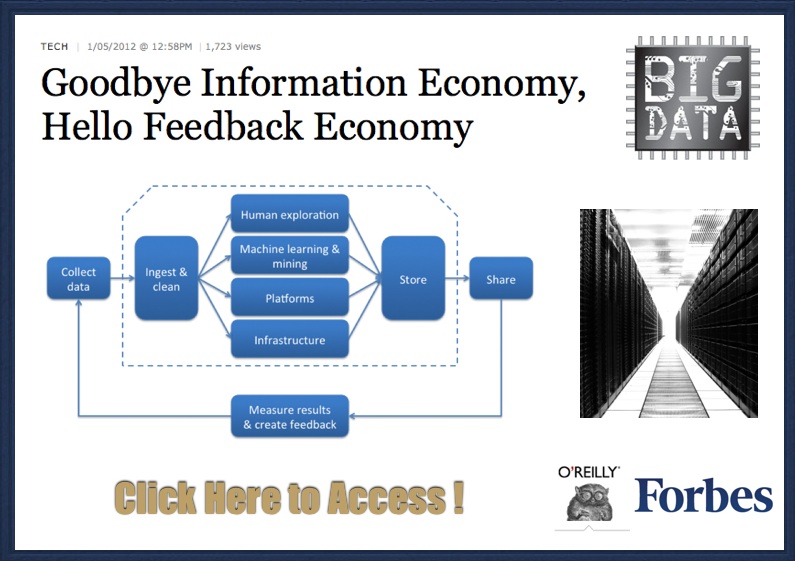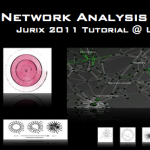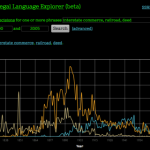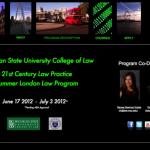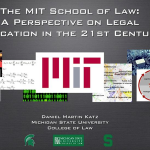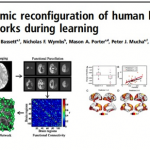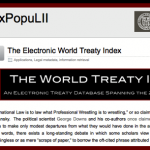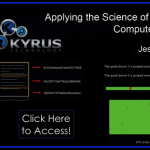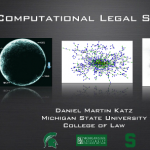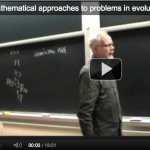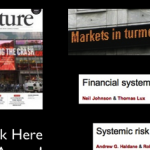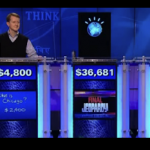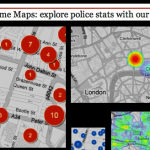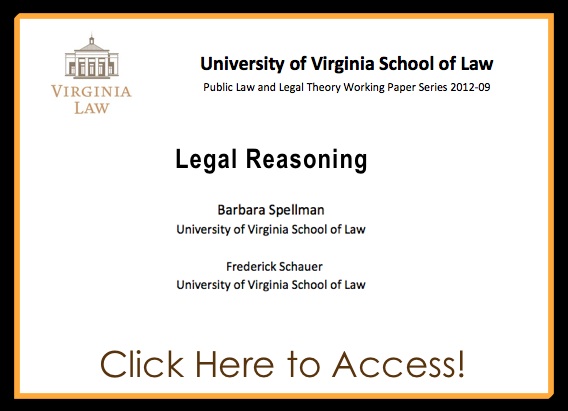 From the abstract: “The nature of legal reasoning, and its relationship with reasoning, has long been a topic of importance for lawyers and legal scholars. But it is also a topic with psychological implications, especially cognitive ones, and indeed most of the existing views about legal reasoning depend on psychological assumptions about the way in which ordinary people, lawyers, and judges reason and make decisions. This article, a chapter in the forthcoming Oxford Handbook on Thinking and Reasoning (K. Holyoak & R. Morrison eds.), explores the intersection between cognitive and social psychology, on the one hand, and legal reasoning and thinking and decision making, on the other. It attempts to show how existing psychological research is germane to the important questions about the nature legal reasoning – particularly with respect to precedent, analogy, authority, and rule-following – but even more it attempts to suggest a range of topics and questions that additions to the now-small body of psychological research might usefully address.”
From the abstract: “The nature of legal reasoning, and its relationship with reasoning, has long been a topic of importance for lawyers and legal scholars. But it is also a topic with psychological implications, especially cognitive ones, and indeed most of the existing views about legal reasoning depend on psychological assumptions about the way in which ordinary people, lawyers, and judges reason and make decisions. This article, a chapter in the forthcoming Oxford Handbook on Thinking and Reasoning (K. Holyoak & R. Morrison eds.), explores the intersection between cognitive and social psychology, on the one hand, and legal reasoning and thinking and decision making, on the other. It attempts to show how existing psychological research is germane to the important questions about the nature legal reasoning – particularly with respect to precedent, analogy, authority, and rule-following – but even more it attempts to suggest a range of topics and questions that additions to the now-small body of psychological research might usefully address.”
This is very useful paper. If anything, I believe the authors have understated the importance of these questions and this line of research – particularly in light of the broader dynamic of “human v. machine” which I have argued will come to dominate the future of the legal services industry (as well as other professional services). That does not mean that humans will be replaced writ large but there is some significant displacement coming down the pipeline — see here, here, here, here, here, etc.

